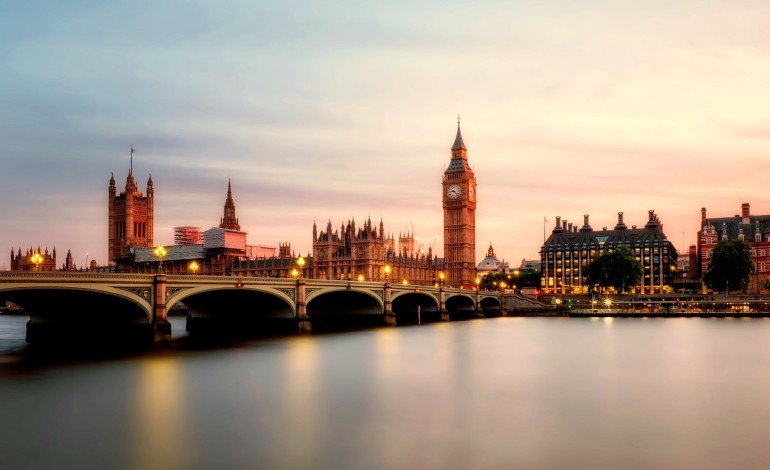
Today it was announced that the UK will host the Eurovision Song Contest for the first time since 1998. The UK has hosted the contest a record eight times, four times in London and once each in Edinburgh, Brighton, Harrogate and Birmingham. The news comes after the organisers decided it could not be hosted by the winning country, Ukraine, due to the ongoing Russian invasion.
This year, Sam Ryder, an online viral sensation, came second prompting EBU (European Broadcasting Union) to open talks with the BBC in June. Ryder provided the UK with their best result since 1998, whilst Kalush Orchestra took Ukraine to the top of the leaderboard with their song “Stefania”. Their win automatically qualifies them for the Grand Final, along with the Big Five, which includes the UK, France, Germany, Italy and Spain.
Whilst it has been confirmed that the UK will host the contest, the host city has yet to be decided. The EBU specifies that the host venue should be able to accommodate approximately 10,000 audience members, have a good distance to an international airport and have enough hotel accommodation for a minimum of 2,000 delegates, journalists and spectators.
Early interest has been expressed by several UK cities, London, Sheffield and Manchester have already confirmed they will be putting in an official bid. Glasgow has also announced that they have been “working hard” on a bid since last month and it appears to be the Scottish favourite. Their 14,000-capacity OVO Hydro was the world’s second busiest music venue in 2019 and has hosted a number of notable events including the MOBO Awards, the BBC Sports Personality of the Year Awards and the MTV Europe Music Awards. The bidding process is set to begin this week and The BBC and European Broadcasting Union (EBU) will publish the longlist later this summer.
The news was welcomed by Boris Johnson and Culture Secretary Nadine Dorries. “Following a request from the European Broadcasting Union and the Ukrainian authorities, I’m delighted that the BBC has agreed to step in and host next year’s contest,” she said, “I’m just sorry that due to Russia’s continued acts of bloodshed it has not been possible to host the event in Ukraine, where it should be.”
The Grand Final usually takes place in May and last year tickets were available for nine shows, including the semi-finals and the grand final. Fans can expect tickets to go on sale late this year, or early 2023. Tickets massively varied in price last year with some fans managing to snap up tickets for just €10 (£8.50), whilst the most expensive sold for around €350 (£297).
